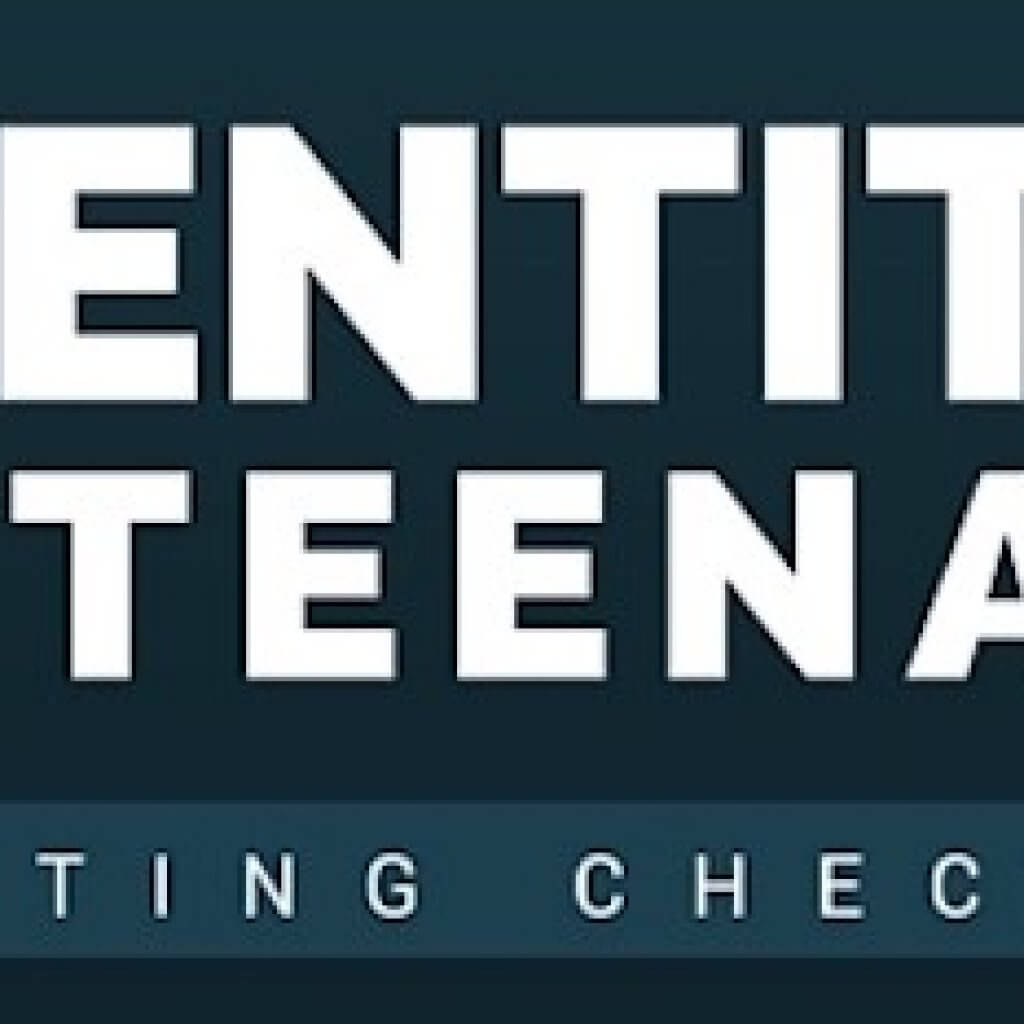Penny is the mother of 2 teenage boys. She and her husband Jeremy have spent the last 16 years doing all they could to give their kids the best possible upbringing. They made a commitment when they had kids that they would avoid making the same mistakes their parents did raising them. They were going to be there for their kids and make sure that their kids always knew how much their parents loved them.
To their credit, they have put in a big effort to fulfill their commitment. Both Penny and Jeremy have structured their lives so that their boys have had every opportunity to get the most out of life.
So it is no wonder that Penny is perplexed and hurt that her now teenage sons behave so badly. Her boys are increasingly rude, constantly talk back, refuse to help around the house, and fly off in fits of anger, verging on rage, whenever Penny or Jeremy say no to them. What hurt Penny the most was recently when her older son swore at her and told her she was an “s….. mum!”
Despite Penny’s best intentions and unquestionable efforts, she has raised kids who have a distorted view of life. This distorted view is what is commonly called “Entitlement” and it is increasingly common among teenagers.
Table of Contents
ToggleEntitled Teenagers
Recently, I have come across increasing comments from readers, and accounts in the press, about “entitled teenagers.” The current generation of teenagers feel like the world owes them everything and parents exist to please and meet their teenagers every desire and whim. These entitled teenagers are resistant to parental authority, demanding, and often unable to manage failure or disappointment.
My thoughts are teenagers have always had the potential to be this way. Teenagers were displaying these traits 20 years ago when I started as a youth worker, and if I am honest when I look back at my teenage years there is evidence of a similar entitled outlook from time to time.
The very process of adolescence means teens are always prone to adopt an entitled view of the world.
As teenagers develop they are prone to the following issues:
• Limited ability to see issues from another person’s point of view
• Pre disposition to being consumed with self and highly egocentric
• Obsessed with their image and how others perceive them
• Impulsive, with emotions dominating decisions and perception
• Increasingly black and white in their views
• A strong but undeveloped sense of justice
• A need to emotionally disconnect from parents -which often means disagreeing and feeling disappointed
It is easy to see how in the right environment such developmental traits can morph into the behaviours associated with entitled teenagers. These are not character traits or personality defects, but the outcomes of normal developmental processes that most adolescents go through. Nothing new in the developmental process, as teenagers have been going through these issues for centuries.
What I do think has changed is that Generation X have become parents of teens in a culture that is saturated with unhelpful, but convincing myths, about individual rights and the place of children. This, in turn, has lead to parenting styles more likely to encourage entitlement and self-importance within teenagers.
So I think the prevalence of the entitled teenager is on the increase – not because adolescence has changed, but because adult parenting styles have changed.
A Teenager’s Rights
The most common myth or confused parenting issue I come across is the issue of a Teenager and their rights. Way too many parents confuse privileges with necessitates when it comes to their kids. If you have enough income to be reading this on your computer or phone, then you are in the demographic that is most likely to make this error.
When kids grow up in homes with disposable incomes (even if not as much as the disposable income of other houses in the street) then the opportunity exists for confusion about what is something a teenager is fortunate to have access to and what is something a teenager is right to expect from those who care for him or her.
As I am not an ethicist or lawyer, I won’t try to list the inalienable individual rights of children or teenagers. But, as a guide, here is a shortlist of what I think is “right” for a teenager to expect from those who are responsible for caring for them.
• It is right for a teenager to have a safe physical and emotional environment to live in
• It is right is for a Teenager to have access to adequate food, clothing, and shelter
• It is right for a Teenager to know and feel they are loved and valued
• It is right for a teenager to be provided with an adequate education
If your teenager is not getting these basic things (and I know sadly many teens do not get all these things) then I believe that is a genuine injustice and a type of deprivation that can have a long-term impact on their health and well-being.
However, if your teenager is getting these things they are getting all they need and you are doing right by them.
Should you be able to provide more than these basics for your teen that is great, and your teen should feel fortunate and valued when you provide what you do for them.
However, we need to be clear on what is not a right for teenagers. On this topic, I am much more clear. The list below is by no means complete, but it is a good start. Your teenager does not have a right to:
• The absence of disappointment or hardship in life
• The freedom not to contribute to their home and society in any tangible way
• Unlimited access to technology, including phones, gaming devices, and the internet
• Branded clothes
• Having adults solve their problems
• The provision of a motor vehicle and/or personal driver
• Individual meal times that differ from the rest of the family
• Money for social events
Some of those things are nice to have and are good, but they are not rights, they are privileges. (Some on that list are neither rights nor privileges but just plain wrong – hoping you can tell which ones). Hence it is okay for teenagers to go without some of these things, and parents are not to feel guilty if their teen does go without.
When parents get the 2 lists confused and think privilege is a right and allow their teenagers to think the same thing there will be problems. The biggest problem being that a teenager will start to believe they need and are entitled to life’s privileges.
The Place of Kids
I have written previously on one of the perils of modern society is that kids are now a lifestyle choice and not a family or societal necessity. No longer do we have kids to look after us in our old age or to take our place in the village so it continues to be viable for generations. Usually, kids are not an inevitable consequence of sexual relationships, or at least they don’t have to be. For a majority of families having kids is a planned occurrence (although not an exact science).
For many people, couples and singles, having kids is part of having a full and fulfilling life, an essential item on life’s bucket list. We don’t need to have kids, but we want to.
I don’t have a problem with that. I think it is great we live in a world where kids are wanted and cherished rather than needed as some economic necessity or tolerated as a consequence of sexual desire.
But there is a downside.
Over time the shift to having kids as a lifestyle has meant that while we don’t attach economic or social expectations on them we do attach personal expectations concerning our happiness and individual fulfillment. And this is where things can go a little pear-shaped.
Just as Penny and Jeremy in the intro, many parents set out to “succeed” at being parents. In doing so they invest their self worth and emotional well being into being successful at raising successful kids.
Unfortunately, success is simplistically defined as being healthy, happy and “having opportunity”. Consequently, what happens is parents do all they can to prevent their kids from being hurt, sad, bored, or denied any opportunity.
Kids become exalted, and meeting their “needs” (which translates to stopping them from being upset or bored) becomes one of life’s main tasks for parents. The result of this is that many parents display the following traits
• a reluctance or inability to effectively discipline,
• constantly rescuing kids from any trouble or failure
• overindulge their kids with possessions or hobbies
• seeing kids as people to be served and not expecting them to serve
• believing if kids are upset then something is wrong with their parenting
• an unhealthy obsession with micromanaging their children’s lives
Ironically the problem is often compounded because to provide their kids with everything both parents work full time, leaving their kids in the care of family members (namely grandparents) who don’t feel empowered to parent as they once did out of respect for their children. Consequently, many grandparents are left dis-empowered to do parenting but are required to be a de facto parent. Hence, they follow the path of least resistance, which often produces many of the same results.
The intentions of most parents are good, but some are slightly misguided. The outworking appears harmless at first. But by the time kids become teenagers, and the normal adolescent processes kick in, parents find themselves in a world of pain trying to manage a mini adult who shows them little respect and is either always arguing with them or taking them for granted.
Consequences of Entitlement
The problems of entitled teenagers cannot be overstated. Teenagers who have been raised to believe they are special and deserving of virtually all they desire will find the transition to adulthood problematic and often very painful.
Teenagers who feel entitled can go on to exhibit the following traits
• Poor resilience
• Low self-esteem
• Inadequate coping skills
• Poor impulse control
• Inability to manage emotions
• Little empathy for others
• An unhealthy need to admired
• Lack of self-discipline and motivation
It takes years to create a teenager with a sense of entitlement. Prevention is better than cure, but by the time kids are teenagers prevention is rarely an option; the damage is usually done during childhood. Dealing with an entitled teenager, therefore, takes a concerted effort and a clear strategy over a reasonable length of time. It is not easy, but there is hope.
If you want to learn more about entitled teenagers, or more importantly what you can do as a parent or caregiver can do to turn things around, then you might find the following articles helpful.
DEALING WITH ENTITLED TEENAGERS – THE ULTIMATE GUIDE
8 WAYS TO DEAL WITH ENTITLED TEENAGERS






